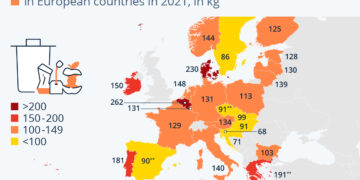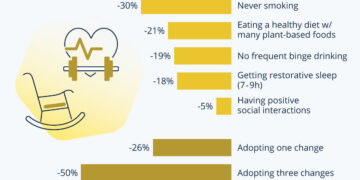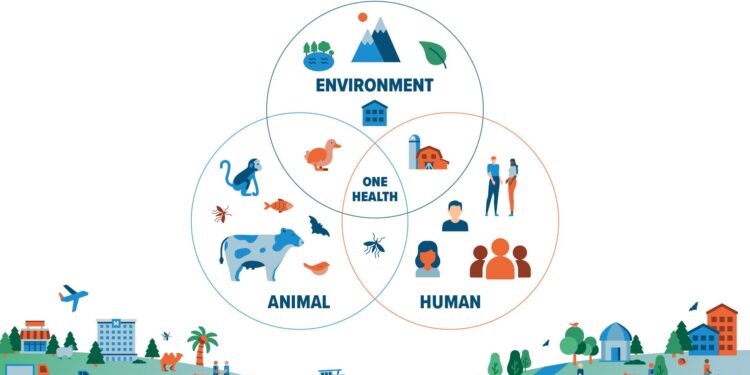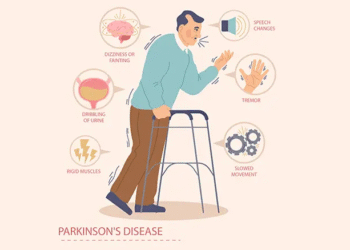In an increasingly interconnected world, the health of humans, animals, and the environment are more intertwined than ever before. The One Health concept recognizes this interdependence and calls for a holistic approach to health that considers the intricate links between people, animals, and our shared environment. As we face global health challenges like pandemics, climate change, and food security, the One Health approach offers a comprehensive solution to protect and promote health for all.
The One Health Concept: What Is It?
One Health is a collaborative, multisectoral, and transdisciplinary approach that works at local, regional, national, and global levels to achieve optimal health outcomes. The core idea is simple yet profound: the health of humans is closely connected to the health of animals and the environment. This means that addressing health issues in isolation is no longer sufficient. Instead, we must consider how human health is affected by and in turn affects the well-being of animals and the environment.
Why One Health Matters: A Closer Look
1. Emerging Infectious Diseases
Zoonotic Diseases: A significant portion of emerging infectious diseases in humans, such as Ebola, HIV, and COVID-19, originate from animals. These zoonotic diseases highlight the need for a One Health approach that monitors and manages health risks at the human-animal-environment interface.
Globalization: With increased global travel and trade, pathogens can quickly spread across borders, making it essential to have coordinated efforts that transcend geographical boundaries.
2. Food Security and Safety
Sustainable Agriculture: The way we produce food has direct implications for both human and environmental health. Overuse of antibiotics in livestock, for example, can lead to antibiotic-resistant bacteria, posing a significant threat to public health.
Healthy Ecosystems: Protecting ecosystems is vital for maintaining the natural resources we rely on for food. Biodiversity loss can disrupt food chains and lead to a decline in the quality and quantity of food available.
3. Environmental Health
Climate Change: Environmental changes, such as deforestation and climate change, can alter the habitats of animals and increase the risk of disease transmission to humans. For instance, changing weather patterns can expand the range of disease-carrying vectors like mosquitoes, leading to outbreaks of diseases such as malaria and dengue fever.
Pollution: Air and water pollution can have devastating effects on human health, contributing to respiratory diseases, cardiovascular problems, and even cancer. Addressing these environmental issues is crucial for preventing health crises.
Implementing the One Health Approach
Adopting a One Health approach requires collaboration across various sectors and disciplines, including public health, veterinary medicine, environmental science, agriculture, and more. Key strategies include:
Surveillance and Monitoring: Establishing robust systems to monitor and detect health threats in humans, animals, and the environment can help prevent and mitigate outbreaks.
Education and Awareness: Raising awareness about the interconnectedness of health among policymakers, professionals, and the public is essential for fostering a culture of collaboration and proactive health management.
Policy and Legislation: Governments and international organizations must implement policies that promote One Health principles, ensuring that health initiatives are inclusive of all relevant sectors.
Research and Innovation: Investing in research that explores the links between human, animal, and environmental health can lead to innovative solutions for complex health challenges.
Success Stories: One Health in Action
The One Health approach has already proven successful in various contexts. For example:
Rabies Control: In many countries, coordinated efforts between human and animal health sectors have led to significant reductions in rabies cases through mass vaccination of dogs and public education campaigns.
Antimicrobial Resistance (AMR): Collaborative initiatives that address the misuse of antibiotics in both human medicine and agriculture have been effective in curbing the rise of antimicrobial resistance, a critical global health threat.
The One Health approach is not just a theoretical framework; it is a practical and necessary response to the complex health challenges of our time. By recognizing the interconnectedness of human, animal, and environmental health, we can develop more effective strategies to prevent and address health issues, ultimately leading to a healthier and more sustainable world.
As we move forward, it is crucial for governments, organizations, and individuals to embrace the One Health approach and work together to protect the health of our planet and all its inhabitants.
What can you do to support the One Health approach? Start by educating yourself and others about the connections between health and the environment, advocate for policies that protect our ecosystems, and support initiatives that promote sustainable practices in agriculture and healthcare. Together, we can create a healthier future for all.












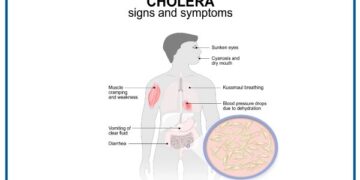

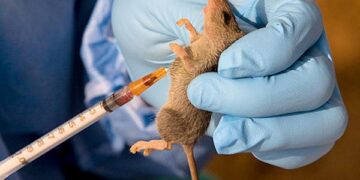

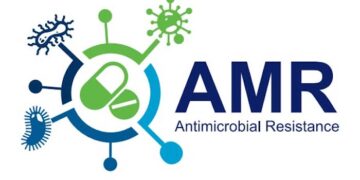

![Antimicrobial Resistance [AMR] in Hausa](https://healthtoday.com.ng/wp-content/uploads/2024/02/antimicrobial-resistance-AMR--360x180.jpeg)




